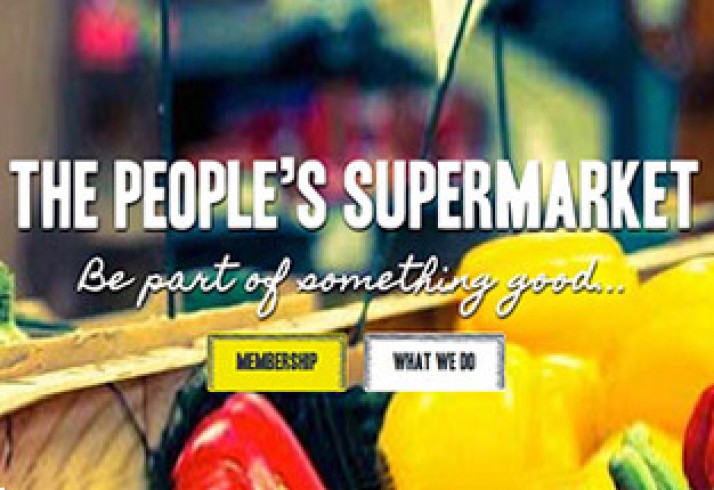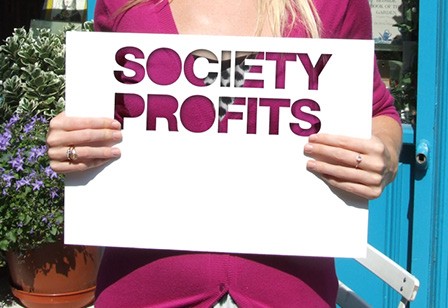Social Supermarkets: where the heart of the community lives
The news is always awash with coverage on supermarkets - from stories reporting on their financial troubles and the constant price wars, to who has the best Christmas advertising campaigns. However, while the big 4 have now become the big 7 (since the increased popularity of discount retailers Lidl and Aldi as well as the high-end retailer Waitrose), a new breed of entrants have also started to make their mark on the supermarket scene. This new breed of supermarkets puts the consumer, supplier and the community at the heart of everything they do. Their customers aren’t just shopping in the aisles; they are also stocking the shelves and cooking the food for the in-store café.
Social enterprise supermarkets have grown in number over the past 5 years, filling a much-desired gap in the market. These supermarkets aren’t driven by the desire to make millions of pounds worth of profit each year, but are instead driven by the needs of the community that they serve. They want to help individuals eat healthily, promote ethical food producers and enhance the lives of their members outside of the supermarket aisles. However, it is important to note that these shops aren’t charities; they are businesses that operate with clear strategies, profit margins and target audiences.
Unlike some of their larger counter-parts, these retailers tell a compelling brand story with a clear unique selling point and an engaging visual identity. One example is The People’s Supermarket in Holborn, London. Whether visiting the company website or standing outside of the shop, the brand story is authentic, consistent and compelling: ‘be part of something good’. The brand isn’t just selling itself as a ‘good’ alternative to the larger supermarkets; it highlights ‘collective people power’ at the centre of its concept. When people come together by donating their time in the store, promoting local food producers and the sharing of knowledge, the community and wider society can benefit.
It is this importance placed on the needs of the members, the suppliers and wider society that are arguably contrasting to how many supermarkets operate. It isn’t just the financial needs of the consumer that these social enterprises care about; they understand who their customer is and what is important to them. For the members of The Community Shop in south east London this means the ability to buy healthy food at heavily discounted prices, but also benefit from life changing support they need to overcome barriers, like not being able to find a job. However, as discussed earlier, The Community Shop isn’t a charity simply providing for disadvantaged communities. It maintains the position of being a profitable business and providing supportive services that enrich the lives of its members and staff.
Social supermarkets are a breath of fresh air in an increasingly competitive and profit-driven supermarket industry. It is the embedding of their social and ethical values into their core brand that has helped them become so successful and integral to how individuals and local communities live their lives. If larger supermarket chains took a step back, put people and their deeper needs back at the heart of how and why they operate, we would have access to the goods and services we actually want and need. Not only would society benefit, but the companies may actually help themselves stand out for the right reasons… not just for their “lower prices on everyday essentials”.






